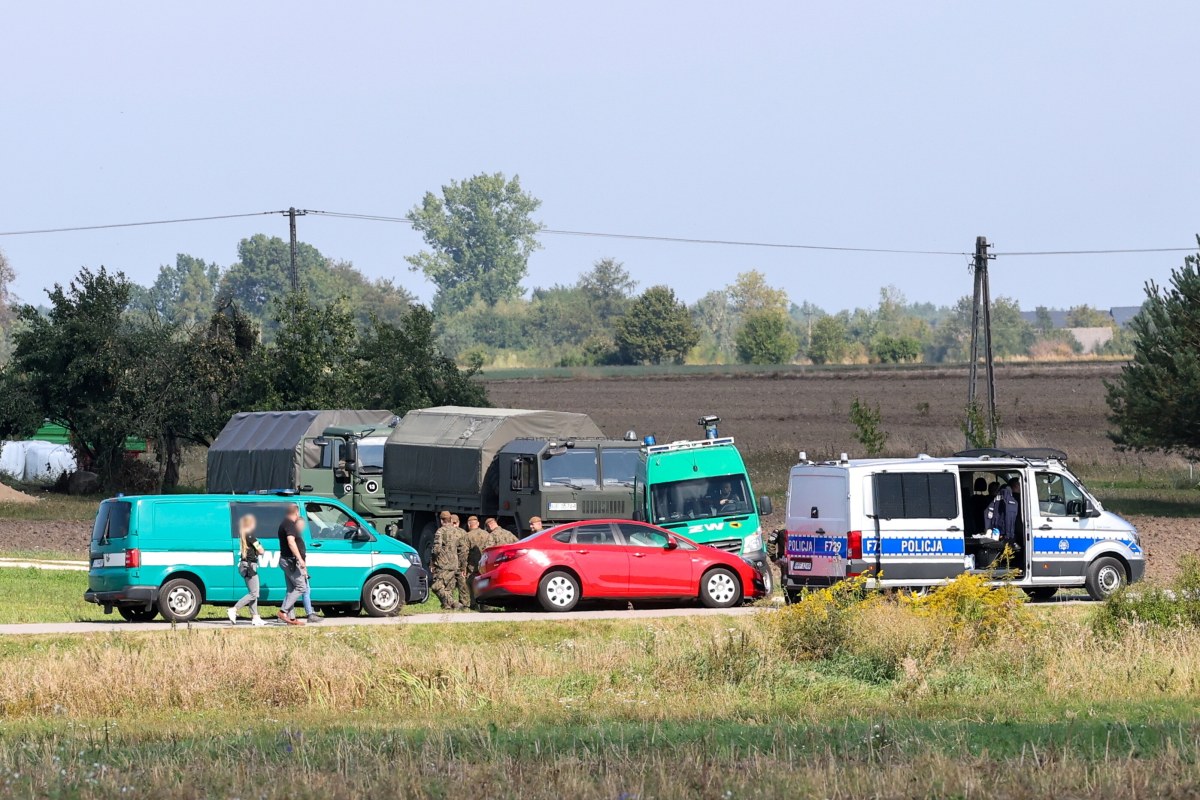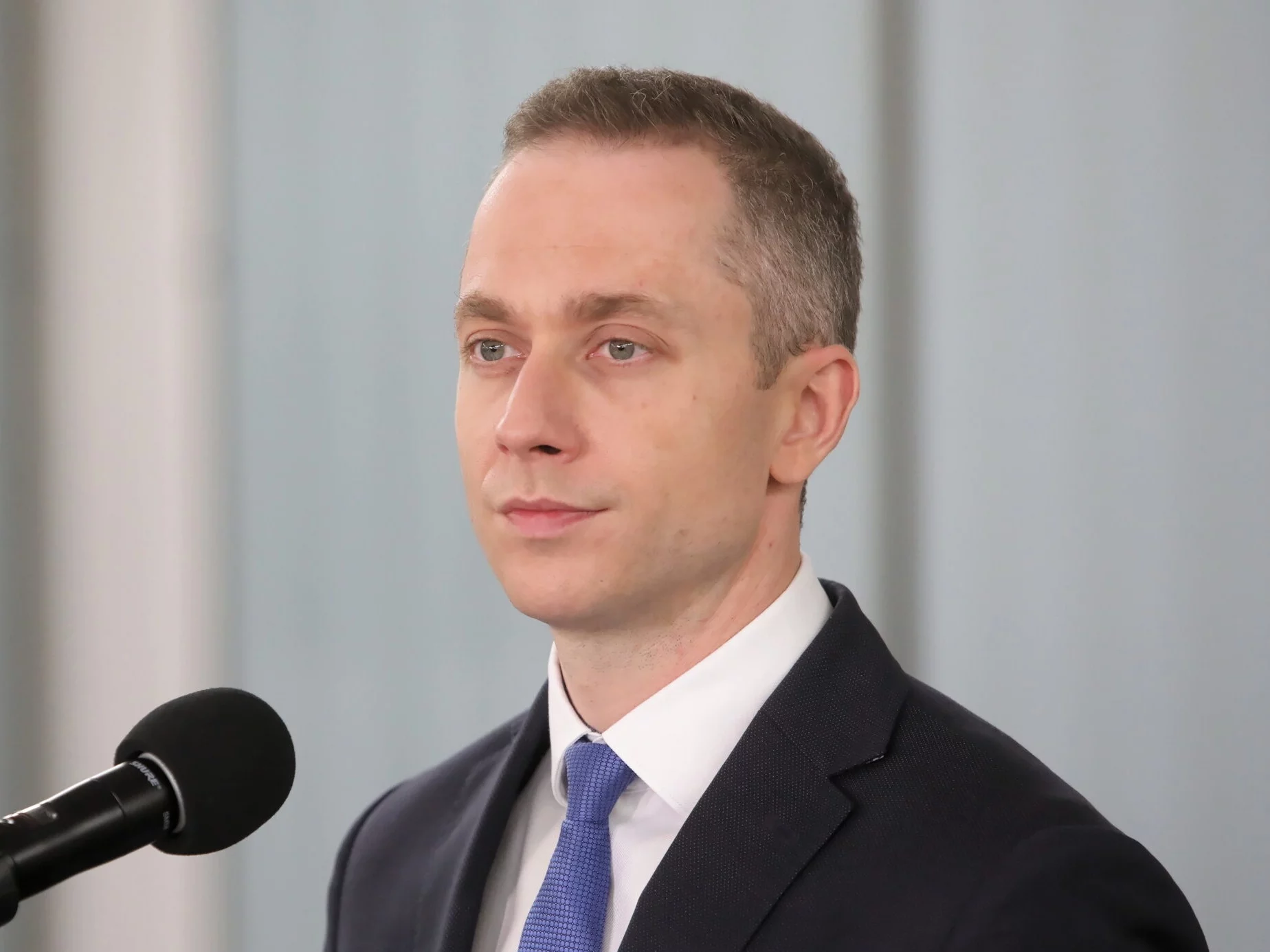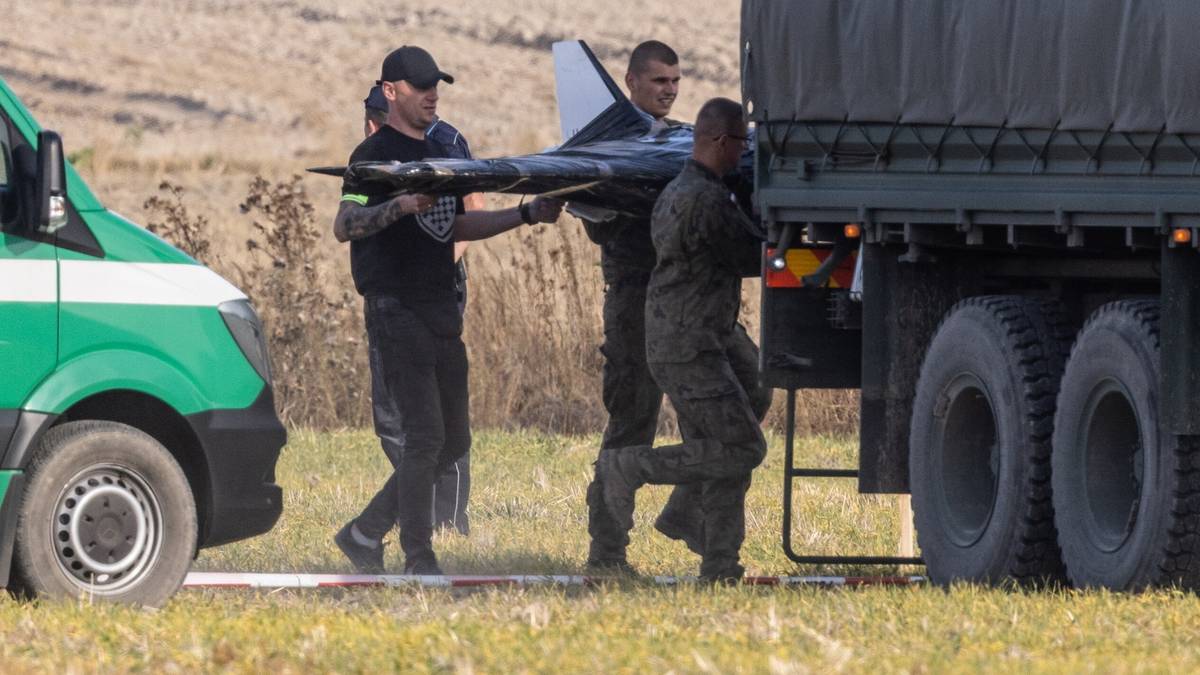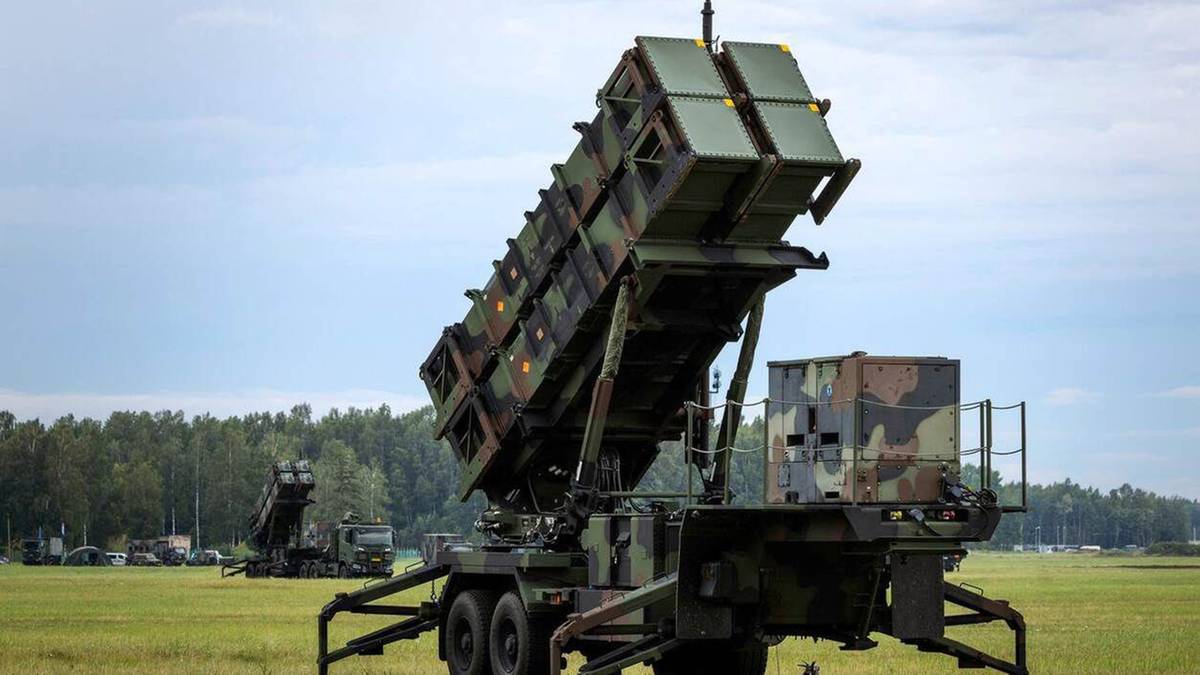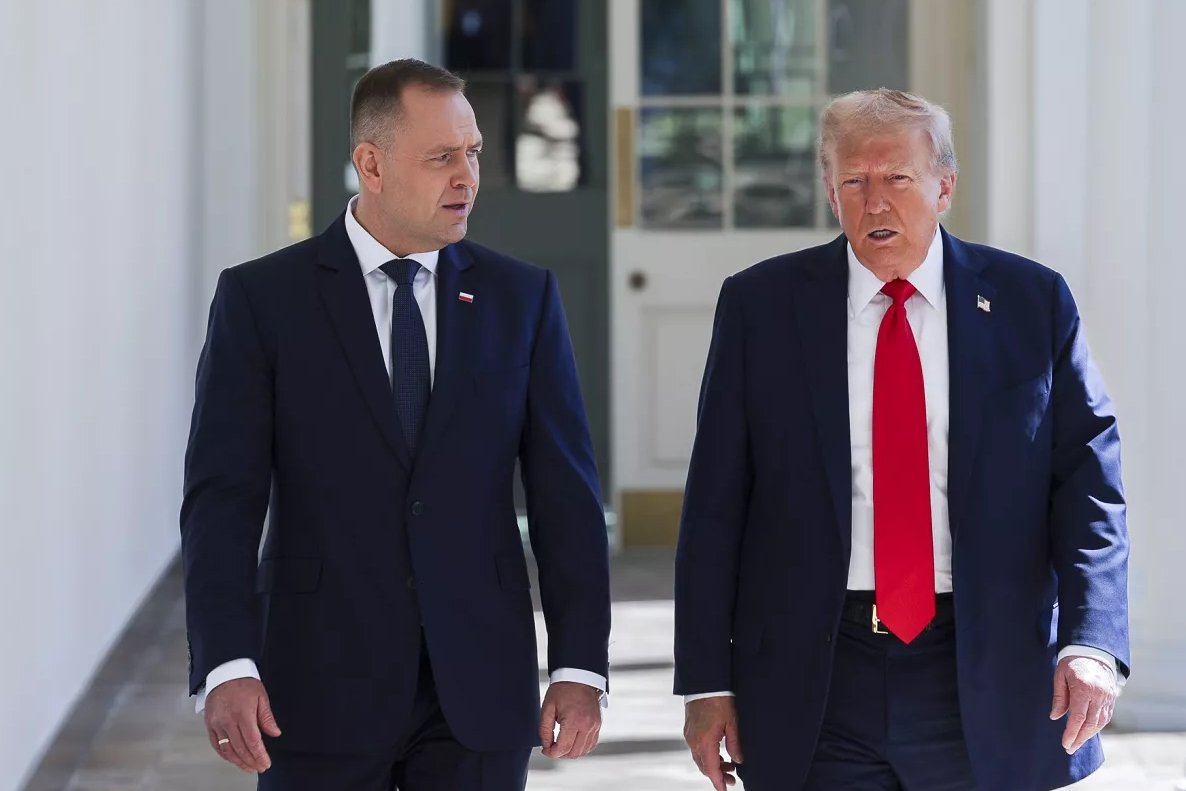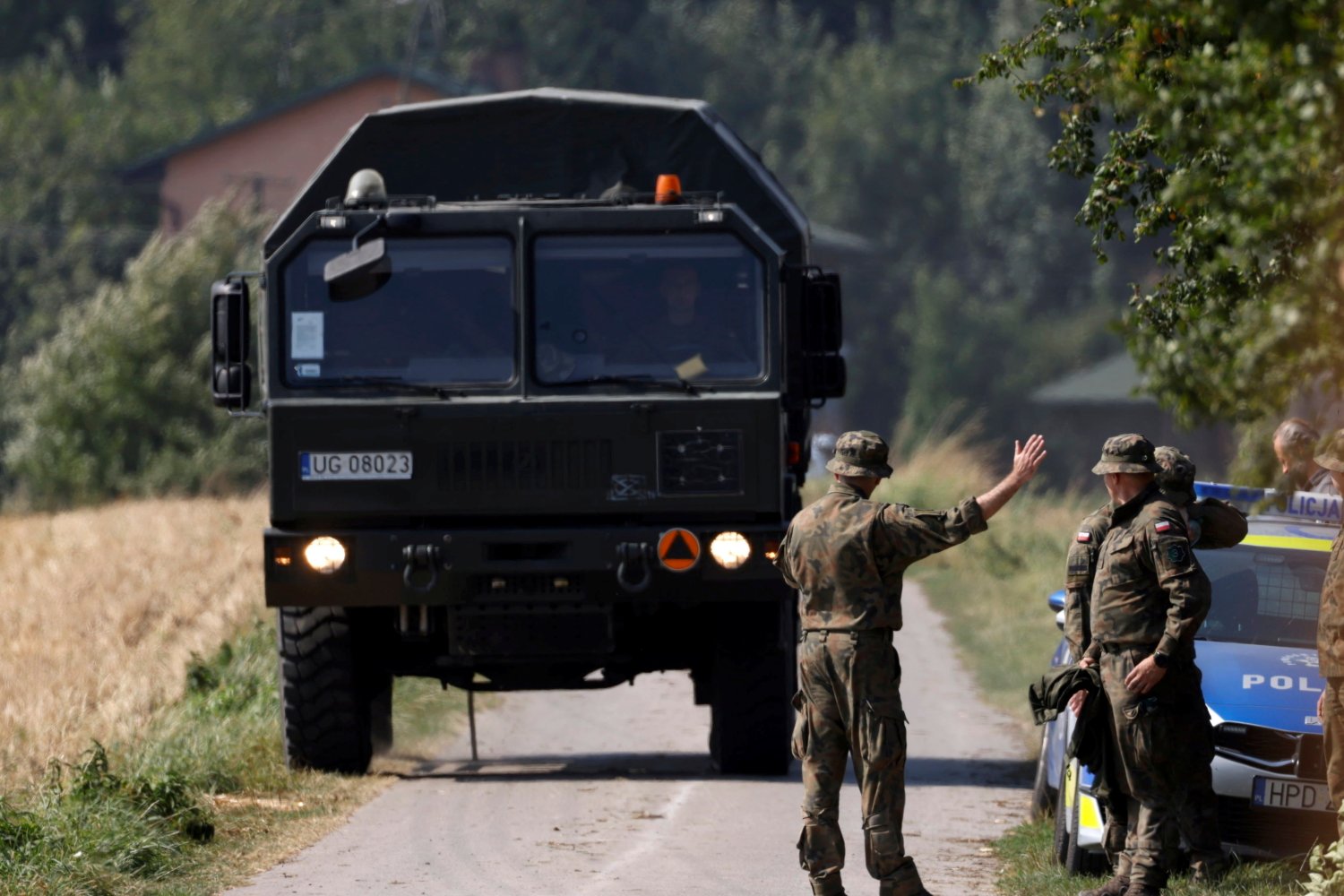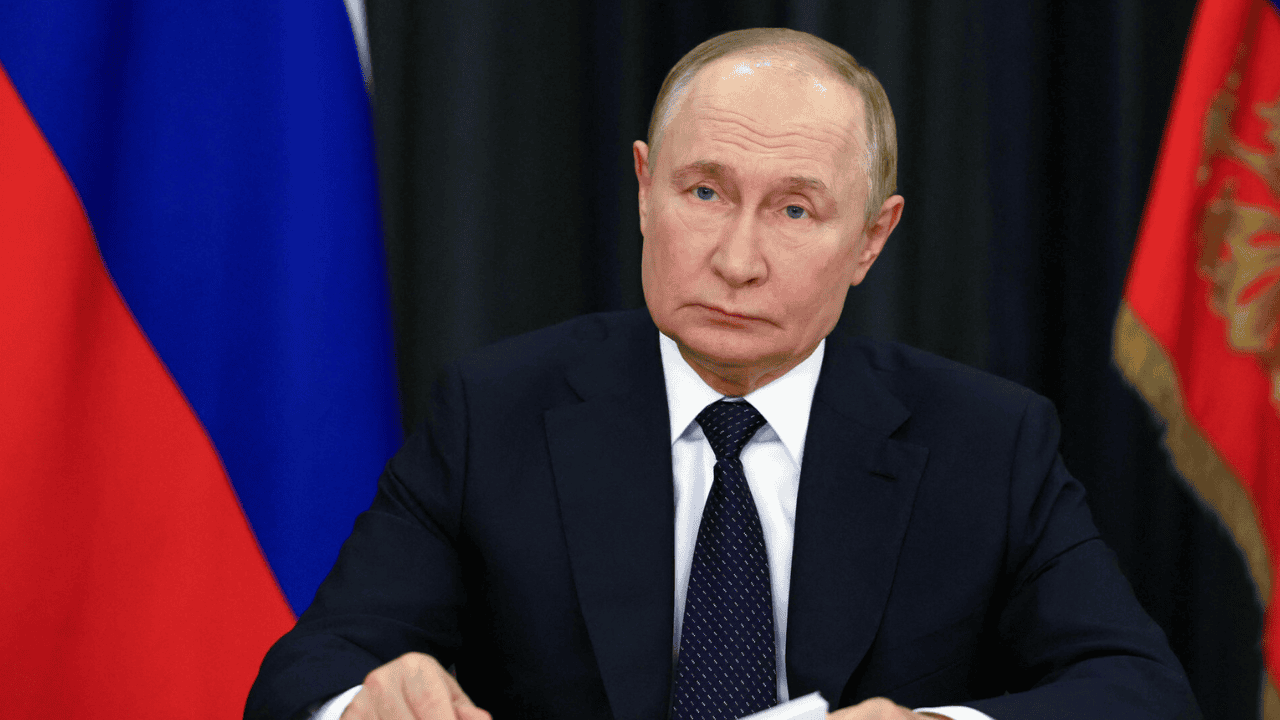Russian currency has reached its lowest rate since the beginning of the invasion of Ukraine, exceeding 105 per dollar. The weakening of the ruble is simply a consequence of sanctions and interior economical challenges. The Russian Ministry of Finance claims that the depreciation of ruble favours exporters, but experts point to its negative effects.
The ruble rate against the dollar has late been over 107 and against the euro - 113, which is the lowest level since March 2022. Russia's finance minister, Anton Siluanov, identifies this situation as beneficial to exporters, which he believes will aid finance war activities in Ukraine. According to him, the weakening of the ruble reduces the cost of arms and soldiering salaries per Russian currency. Meanwhile, analysts clearly indicate that the dramatic decline in ruble value is the consequence of fresh sanctions imposed on Russian financial institutions, including Gazprombank.
The Central Bank of Russia has set the euro rate at 110.49 rubles and the dollar and euro transactions are carried out outside the stock exchange to a limited extent. These difficulties have a serious impact on Russian abroad trade.
Everyday challenges of Russians
The weakening of the ruble means higher costs of imported goods, which, combined with advanced inflation, is simply a immense burden for home budgets. Basic products, like milk or potatoes, are costly fast. At the same time, Russia is spending more and more resources on military spending, including increased pay for soldiers and one-off support for their families.
Read more: Russia uses ICBM in an attack on Ukraine. A fresh View of the Conflict
The impact of sanctions on the Russian economy is besides seen in the decrease in natural material export revenues. In 2023, oil gross fell by 25%, which is due to western price constraints. Russia, forced to change the settlement system, now mainly uses yuan in trade with China. However, the fresh mechanisms do not compensate for the losses resulting from the regulation of access to the dollar and the euro.
Long-term challenges
Russia faces financial instability, due to the increase in military spending and a fall in budgetary revenue. Observers point out that a weak ruble can temporarily aid exporters, but it will reduce citizens' purchasing power in the long term, increase poorness and deepen the country's economical isolation.
mn





